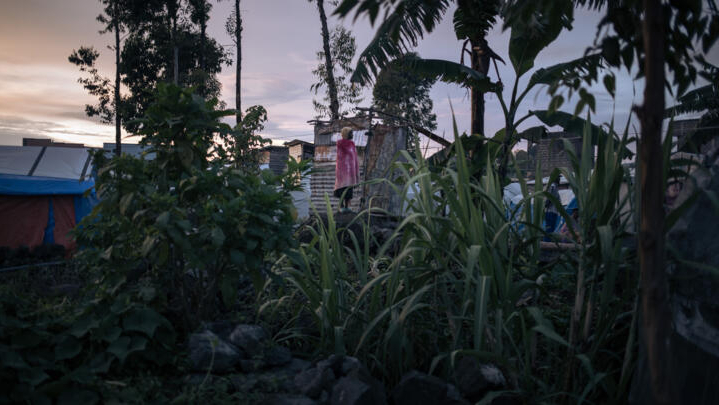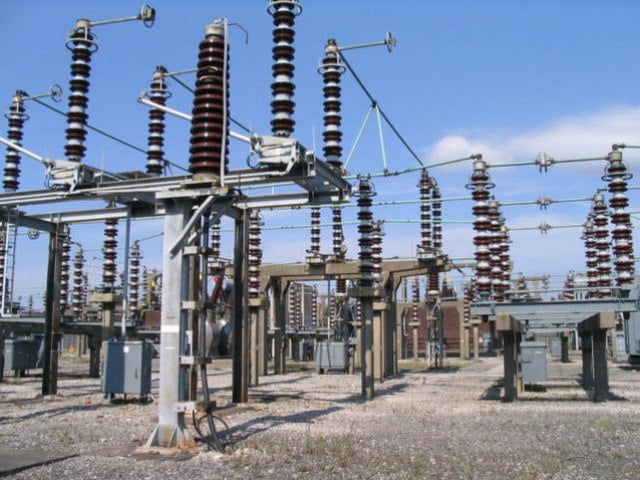Muslim refugees in eastern DR Congo observe gloomy Ramadan
The mosque of Munigi, a modest clapboard structure in the unstable eastern DR Congo that houses Muslims displaced by the M23 fighting, is illuminated by the beautiful setting sun.
Only 10 kilometers (six miles) from the front lines, worshippers are set to break their Ramadan fast in the camp on a field covered in lava.
Their predicament—crowded together in improvised huts—is considerably more depressing than the brilliant sunset behind them.
In the Munigi displaced persons’ camp, where 500 Muslims reside, there is very little access to food and water.
While referring to Muslim refugees, the local imam, Ali Assani Mukamba, stated that the first ones arrived almost a year ago.
He notes that one of the major issues is a lack of fresh water as he walks through the pile of small homes that were hastily constructed on the field of volcanic rock.
We occasionally have to rub ourselves with mud or dust to wash before prayer, Mukamba remarked.
Muslims gather in their mosque as dusk falls and pass around a tray of rice and beans while a dim light turns on.
One of the Muslim elders in the camp, Abda Juma Buranga, claimed that they are only able to eat their iftar meal, which breaks the fast, due of charitable gifts.
When M23 terrorists attacked his home hamlet of Kibumba in November, which is only about 20 kilometers (12 miles) from the camp, he fled.
The 65-year-old added, “I lost 25 members of my family, cousins, uncles, and nephews.”
“The M23 murdered them all,” was said.
A small portion of the massive population that has escaped the M23 in North Kivu province includes the Muslim community in Munigi.
The International Organization for Migration reported last month that the crisis has forced about 900,000 people to flee their homes.
The M23, a Tutsi-led organization, initially gained international notoriety in 2012 when it briefly overran North Kivu’s capital Goma before being expelled.
After years of inactivity, the rebels resumed fighting in late 2021, claiming that the government had broken a promise to incorporate their fighters into the military.
Since then, the M23 has seized large areas of land in North Kivu, and it is now threatening to blockade the roads leading to Goma, a city with a population of over a million and a major trading center.
We’re in pain.
Aisha Furaha was seated on a rock in the Munigi camp when the M23 came, and she remarked, “In 2012, I didn’t escape when the M23 arrived.
The 40-year-old lady claimed that the M23 returned “with more violence” during its second campaign.
Furaha claimed that the rebels had made threats to steal and kill, and she and her ten children had fled their home under a barrage of gunfire.
She currently sleeps on the ground in a hut in Munigi with her family because, according to her, there isn’t enough room for everyone.
M23 fighters are still stationed on hilltops near Goma and throughout North Kivu.
Independent experts for the United Nations Security Council have reported that Rwanda is supporting and arming the rebels. Kigali refutes the assertion.
The Muslim elder of Munigi, Abda Juma, declared that the M23 should be removed by international pressure on Rwandan President Paul Kagame.
He declared, “We’re going through a lot.”
AFP


